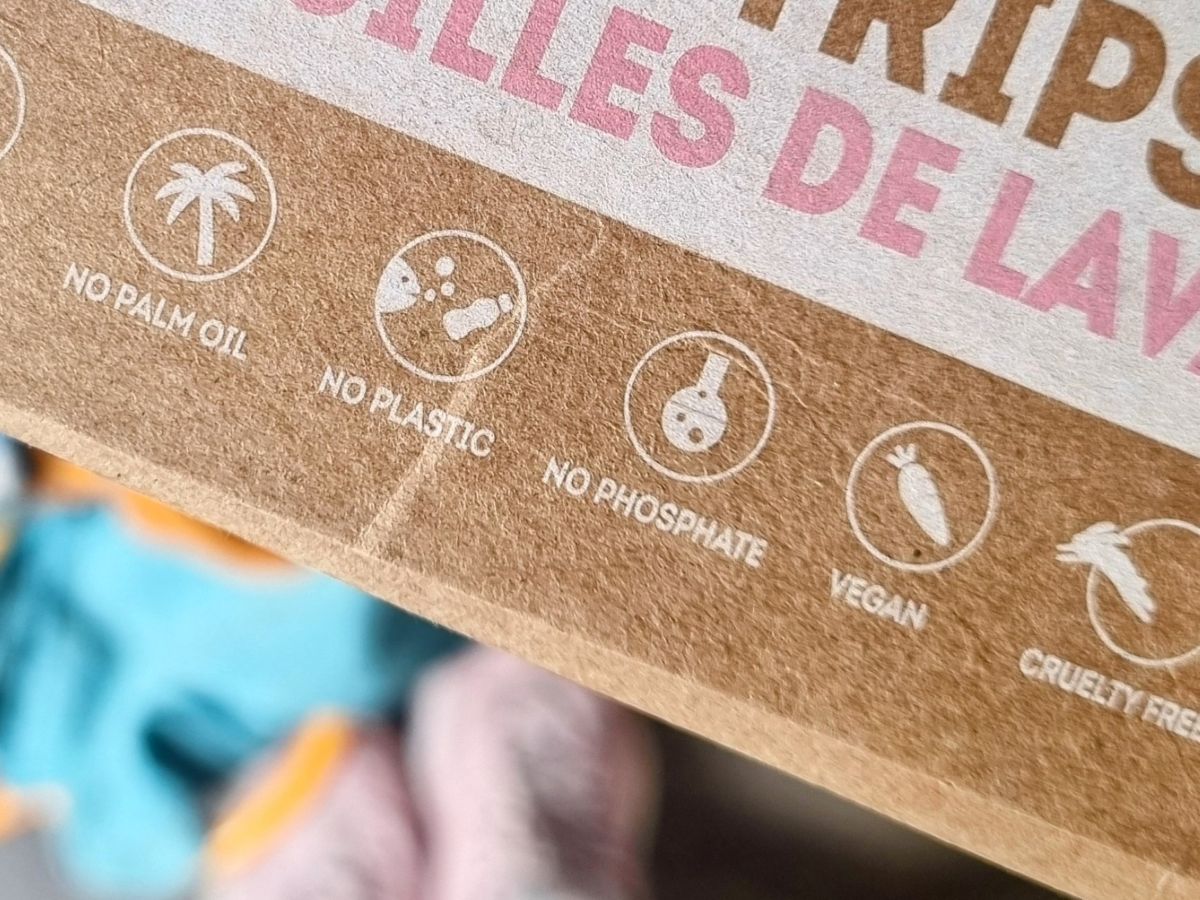Have you ever bought fresh herbs, only to see them languishing in the vegetable drawer of your fridge? A shame! But fortunately, there is a solution: you can freeze a lot of fresh herbs. This is not only convenient, but also a sustainable way to reduce food waste. By freezing herbs, you use exactly what you need and the rest stays fresh in the freezer, ready for next time. But which herbs lend themselves perfectly to this, and how do you make sure you put frozen herbs to good use? At thegreenlist.nl we figured it out for you and share our approach!
Why freeze fresh herbs?
Fresh herbs are an indispensable ingredient in the kitchen, including in sustainable cooking. We previously wrote an article On the importance of good herbs to add extra flavour to your vegetarian and vegan dishes. And then the tip is to preferably work with whole and fresh herbs, as they add much more flavour to a dish than powdered herbs from a jar.
By freezing fresh herbs, you make sure you always have a supply on hand, without having to worry about that vegetable drawer. Each time, you take only what you need from the freezer and the rest stays safe. That way, you'll never miss out again. But which herbs lend themselves perfectly to being frozen and how do you chop frozen herbs small? As an avid herb freezer, I figured it out for you. Partly out of my own interest, because I am also very curious about what else can be frozen.
Which herbs are good to freeze?
Not all herbs are suitable for freezing, but fortunately there are plenty that do well in the freezer. Here are some herbs that you can freeze for up to a year in a sealed bag or container.
- Lime leaf: these leaves retain their fresh, citrusy flavour well, even after freezing. Perfect for adding to Asian dishes such as Thai curries and soups.
- Lemongrass: This spice remains firm and retains its distinctive citrus flavour. Use it in Thai and Vietnamese dishes, such as soups, curries and marinades.
- Ginger: frozen ginger is easy to grate and retains its spicy flavour. Ideal for adding to tea, stir-fries, and baked goods.
- Laos: Like ginger, frozen laos retains its powerful, spicy flavour. Indispensable in Indonesian and other Asian dishes.
- Chilli: Frozen chillies are just as pungent as fresh ones and can be used in your dishes straight from the freezer. Add them to sauces, stews, and marinades for a spicy kick.
- Basil: This classic of Italian cuisine retains much of its flavour when you freeze it. Add it to pastas, pestos, and tomato salads.
- Parsley: a versatile spice that retains its flavour well after freezing. Perfect for soups, sauces, and marinades.
- Dill: this herb retains its flavour well and is ideal for fish dishes, dressings, and potato salads.
- Coriander: retains its flavour well in the freezer, although it may lose some texture. Ideal for Asian, Indian and Mexican dishes such as curries and salsas.
- Chives: This herb retains a surprisingly good flavour and can even be frozen finely chopped for immediate use. Use it in dips, dressings, and with potato dishes.
How do you know if an herb is good for freezing?
Herbs with a firm texture and little moisture often freeze well. They retain their flavour, fragrance, and often some of their texture. Herbs with thicker, fleshy leaves such as rosemary, thyme, and sage are good examples. These herbs have a strong cell structure that does not easily break down when frozen. Herbs that are often boiled or stewed, such as dill and coriander, also retain their flavour well even if they lose some of their original texture after freezing.


Laos and lots of other spices can be frozen just fine. And if you look closely, we have also frozen orange peels and lemons. Orange peels are cosy and flavourful ice cubes in mocktails and cocktails.
This is the best way to freeze herbs
There are different ways to freeze herbs, depending on the type of herb and how you want to use them. The simplest way is to wash and dry the herbs well first. Remove any damaged leaves and chop the herbs finely, or leave them whole if you prefer. You can then store the herbs in a sealed freezer bag or airtight (freshness) container. In the case of the freezer bag: make sure you squeeze as much air out of the bag as possible.
For herbs that you use more often in small quantities, such as parsley or chives, you can also choose to freeze them in ice cube moulds. Spread the chopped herbs over the mould, fill with water or olive oil, and freeze completely. Then remove the cubes from the mould and store them in an airtight freezer bag or sealable freshness container. This makes it easy to add just the right amounts of herbs to your dishes.
How do you chop up frozen herbs?
Finally, a tip for hard spices like ginger and laos. It is also best to chop these slightly smaller before freezing (say pieces of one or half an inch in length). That way you avoid ending up with an awkwardly large frozen piece that you can hardly cut in half. Cutting it too small is not recommended either, as it can turn into mush.
Chopping frozen herbs can be tricky and sometimes impossible, but with the right tools, it's a piece of cake. A sharp knife is essential, personally I use a chopper from the brand Kiwi. These knives are not only affordable, but also of excellent quality and suitable for tough chopping. For those looking for a faster option, a electric coffee grinder ideal. This device is perfect not only for grinding coffee beans, but also for mashing a small amount of frozen spices. A handy tip: second-hand coffee grinders can often be found cheaply on Marktplaats.
More ideas to use herbs more sustainably
Besides freezing herbs, there are other ways to use your herbs sustainably.
- Grow your own herbs: a kitchen plant or a small herb garden ensures that you always have fresh herbs on hand, without having to buy new ones all the time.
- Make herb oil: do you have basil, thyme or rosemary left over? Turn them into a delicious herb oil that you can use to flavour your dishes!
- Dry your herbs: hang bunches of herbs in a dry, dark place to dry them. Dried herbs have a long shelf life and are perfect for cooking.
Freezing herbs: a good idea against food waste and cravings
Freezing herbs is a smart way to avoid food waste and always have fresh herbs in the house. Whether you want lime juice in your curry, ginger in your tea, or chilli peppers in your pasta - with frozen herbs, you are always well prepared. Try it yourself and find out how handy it can be to have a supply of frozen herbs in your freezer! Do you have any tips for using herbs sustainably? Let us know!
More kitchen hacks
- Also see: Even more herbal tips to make your life easier.
- Also see: these herbs you'll want to have in the house anyway (shopping tips!).
- Also see: handy kitchen gadgets.
- Also see: A search for eco-friendly pans without PFAS.
Sources: fresh harvest.nl, fresh harvest.nl, veggipedia.nl. Photo credits: thegreenlist.nl, potted herbs: Cottonbro (Pexels).












